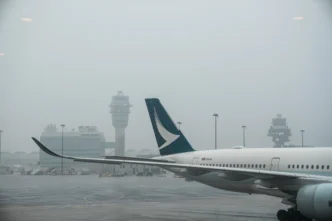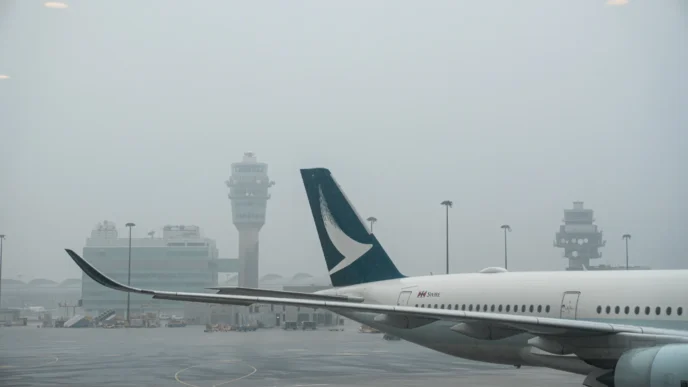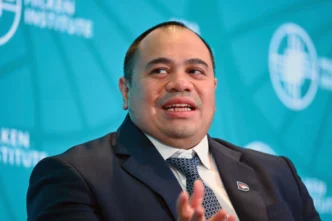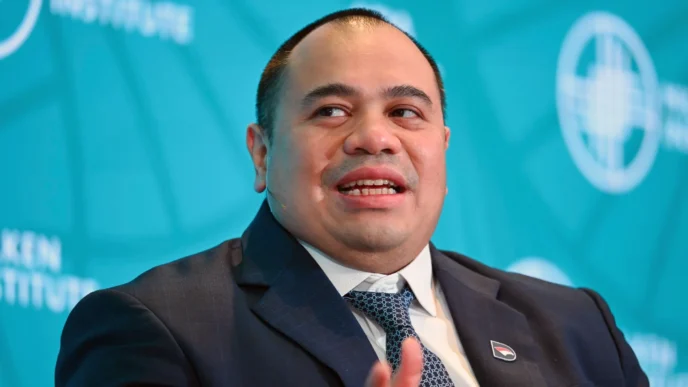The Philippines is facing a growing public health crisis as online gambling addiction spreads across the nation, highlighting a complex tension between economic incentives and social welfare. While the government heavily profits from licensing and regulating internet gambling, the social consequences for citizens are becoming increasingly severe.
A Nation Hooked on Online Betting
Over the past decade, the Philippines has emerged as one of the world’s largest hubs for online gambling, both for domestic users and international platforms. Internet-based casinos, sports betting, and online lottery systems have proliferated, attracting millions of participants.
Recent studies suggest that a significant portion of the population—across age groups and income levels—engages in online gambling. Reports show rising rates of addictive behaviors, financial distress, and mental health issues linked directly to gaming platforms that are accessible 24/7 via smartphones and computers.
Government Involvement
The Philippine government is both regulator and beneficiary of this growing industry. Revenue from online gambling licenses contributes billions of pesos to the national budget annually. Local authorities tout the economic benefits, including employment for thousands in call centers and back-office operations, as well as foreign exchange inflows from international betting operations.
However, critics argue that this dual role—promoting gambling while regulating it—creates a conflict of interest. By financially benefiting from the very activity causing public harm, the government risks undermining its own responsibility to protect citizens’ health and welfare.
Social and Economic Impacts
The consequences of online gambling addiction are far-reaching:
- Financial Strain: Many individuals fall into debt, depleting savings, and borrowing heavily to fund gambling habits.
- Mental Health Crisis: Psychologists report rising cases of anxiety, depression, and suicidal ideation linked to online gambling.
- Family and Community Strain: Gambling addiction often leads to domestic conflict, neglect, and community instability.
- Workforce Productivity: Employees struggling with gambling addiction face decreased productivity, absenteeism, and job loss.
Experts warn that without robust public health interventions, these social costs may outweigh the financial benefits gained by the state.
A Warning for Other Developing Nations
The Philippines’ experience provides a cautionary tale for other emerging economies considering liberalizing online gambling markets. Cheap, easily accessible platforms can generate quick revenue but may trigger widespread social and economic damage if public health safeguards are not implemented.
Policy specialists recommend that governments explore measures such as:
- Mandatory self-exclusion programs for problem gamblers
- Spending and time limits for online gambling accounts
- Awareness campaigns on the risks of online betting
- Access to addiction treatment programs funded in part by gambling revenue
Balancing Profit With Responsibility
The Philippines stands at a crossroads. While online gambling continues to fuel government coffers and foreign revenue streams, the human cost is mounting. Addressing addiction through education, regulation, and support programs will be critical to ensuring that the industry does not become a long-term public health disaster.
Ultimately, the challenge is global. As developing nations explore online gambling as a source of revenue, the Philippine case highlights the need for careful policy design to balance economic gains against social harm.
















